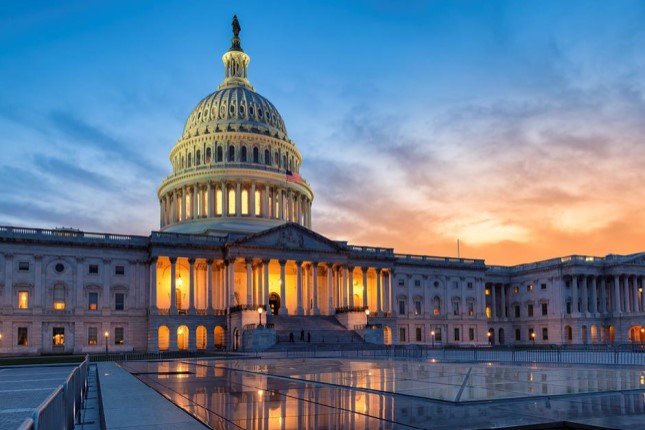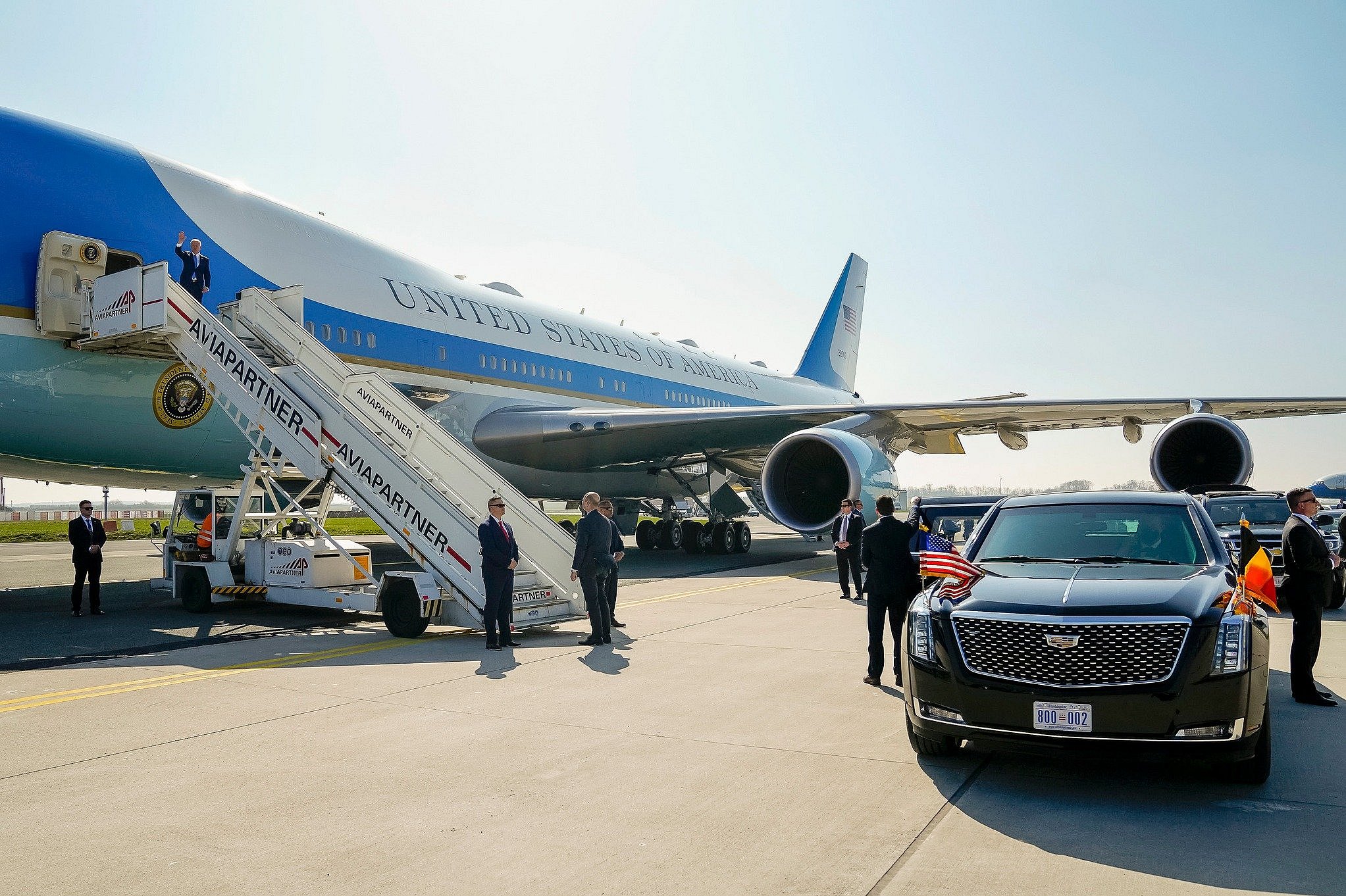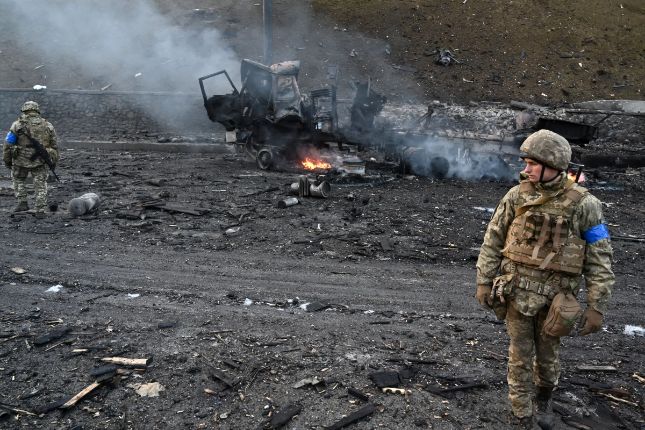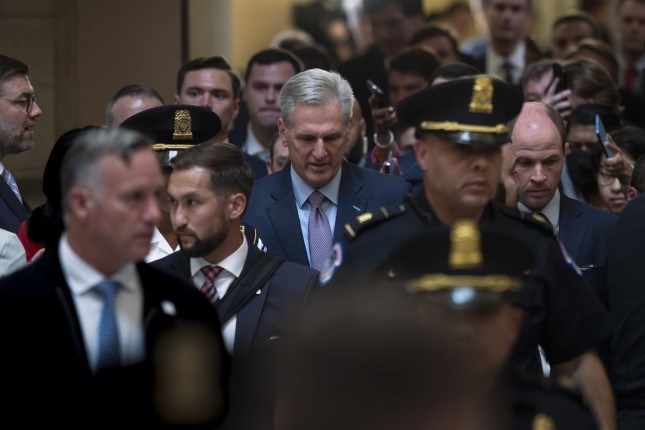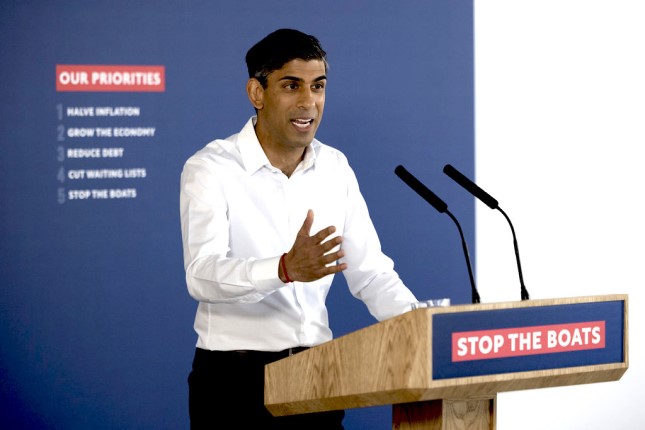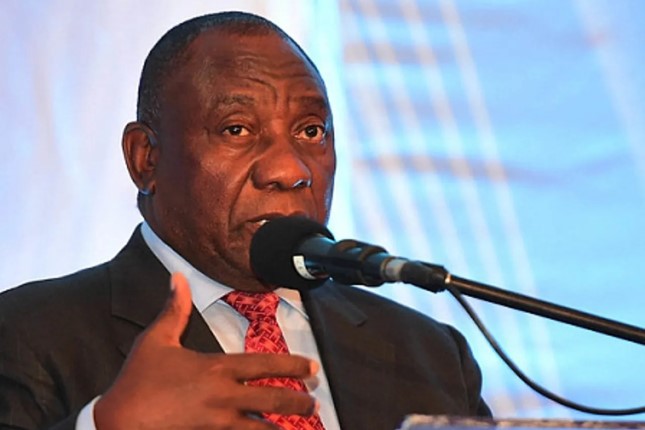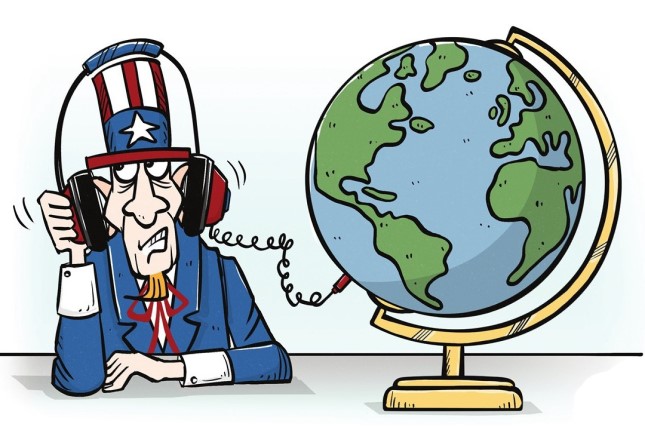An especially persistent feature of international affairs has been the existence of spheres of influence. Major powers routinely seek to shape the international system to their advantage and exclude, or at least sharply limit, the influence of potential rivals. Both incumbent dominant players and rising powers are prone to engage in such behavior. Unfortunately, U.S. leaders have forgotten what they once understood. And until they relearn it, the world will be a more chaotic, and more dangerous, place than it needs to be.
The United States embraced the sphere of influence standard even before it had the power to enforce such a role effectively in its own region. That broader ambition became clear with the proclamation of the Monroe Doctrine in 1823. Washington still lacked either the economic clout or the military capabilities to enforce its claim to pre-eminence in the Western Hemisphere. If Great Britain’s regional policy objectives had not generally aligned with Washington’s, the Monroe Doctrine would have been little more than a hollow boast for several decades. When a major European power (France) took advantage of the U.S. Civil War to set up a client regime in Mexico, there was little the United States could do about it. Only when America’s own conflict ended were U.S. leaders able to end the French intrusion. And it was not until the 1890’s that Washington could assert a role as the hemisphere’s hegemon.
After World War II, however, Washington was not just the hemispheric hegemon, but also the global hegemon. Only the USSR offered a credible challenge to that status, and the degree of even Moscow’s challenge was inflated. Given the extent of Washington’s economic and military power during the post-World War II era, it is probably not surprising that U.S. leaders came to regard the entire concept of spheres of influence as illegitimate or at least irrelevant. Only the United States and a few chosen U.S. clients were apparently entitled to such a status. That attitude became even more pronounced after the Soviet Union unraveled. The U. S. government officially repudiates even the concept of spheres of influence, contending that today, such a standard has no place in the modern international system.
Condoleezza Rice, President George W. Bush’s secretary of state, made that point explicitly in response to Moscow’s 2008 military intervention in Georgia. She scorned the notion of Russian primacy along the perimeter of the Russian Federation as the manifestation of “some archaic sphere of influence.” President Barack Obama’s secretary of state, John Kerry, expressed a similar view. In November 2013, he even declared that “the era of the Monroe Doctrine is over.” Following Russia’s annexation of Crimea and the Kremlin’s unsubtle support for secessionist forces in eastern Ukraine, Kerry asserted that “you don’t in the 21st Century behave in 19th century fashion” by invading a neighbor.
With the collapse of the Soviet Union and the gradual emergence of a more multipolar world economically, though, Washington is pursuing an increasingly ineffectual, indeed dangerous and self-defeating, policy. The ongoing crisis in U.S. relations with Russia should underscore that reality. The Western bloc’s current wretched state of those relations with that country has developed primarily because Washington and its NATO allies refused to accord a weakened noncommunist Russia even a modest security zone, much less a broader sphere of influence in Eastern Europe. The U.S. backed attempt to make Ukraine a NATO client was the last straw for the Kremlin.
Joe Biden’s administration apparently assumed that the rest of the world – even major, rising players such as China and India – would obediently follow the lead of the United States in adopting punitive policies toward Moscow in response to Russia’s escalation of force against Ukraine in February 2022. The range of responses was much more frustrating and disappointing from Washington’s standpoint, however. China, India, Pakistan, South Africa, Brazil, and other increasingly important players tenaciously defied U.S. wishes and pursued a neutral course. It was especially significant that those governments have refused to impose sanctions on Russia, much less send military aid to Ukraine as the United States has been advocating. The roster of countries imposing sanctions is limited to the long-standing bloc of U.S. security dependents in NATO and East Asia.
There are other signs that U.S. dominance in the global arena is rapidly waning. Even before the Gaza war, numerous changes were taking place in Middle East affairs. In the past year, important signals of the new political environment were Saudi Arabia’s restoration of diplomatic relations with Iran and Syria’s re-entry into the Arab League. Instead of adjusting to the new diplomatic and geopolitical realities in the region, the Biden administration has engaged in futile obstructionism. In contrast, the People’s Republic of China (PRC) played a significant, constructive role in helping to resolve such long-standing tensions, especially those between Saudi Arabia and Iran. That breakthrough had an important ripple effect. It led to Riyadh ending its efforts to unseat Bashar al-Assad, the leader of Tehran’s principal Middle East ally, Syria. That more conciliatory atmosphere in turn led to Syria’s reentry into the Saudi-led Arab League, after it had been excluded for more than a decade.
Ukraine is even a more prominent case in which China sought to be proactive as a mediator. On the first anniversary of the Russian invasion of Ukraine, China offered a 12-point plan to bring an end to the bloodshed, starting with an immediate cease fire. The proposal stated that “the sovereignty of all countries should be respected” and reiterated China’s longstanding opposition to the use of nuclear weapons. However, it also called for an end to “unilateral sanctions” and – in an apparent swipe at NATO – condemned “bloc confrontations” and manifestations of a “cold-war mentality.” President Biden was utterly dismissive of Beijing’s handiwork. “If Putin is applauding it, so how could it be any good?”, Biden said in an interview with ABC News. Indeed, the president rejected the very idea that the PRC could play a constructive diplomatic role of any sort to end the war.
It was a disturbing, unrealistic attitude. Multiple developments confirm that the United States is no longer the diplomatic or even as the military global hegemon. Other powers are stepping up to pursue their own initiatives, without deferring to Washington. It is yet another manifestation of an increasingly multipolar international system. Defying that trend is a blueprint for futility. Like it or not, U.S. leaders will need to accept that the post-Cold War period of unipolarity is over. To minimize instability and the risk of war, the United States will need to recognize that both Russia and China, as well as a rising number of mid-sized powers, will work to establish their own spheres of influence and play more active roles in international affairs.
Source: AntiWar.
